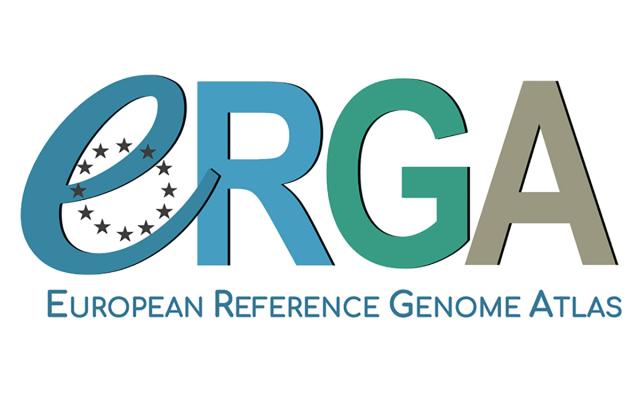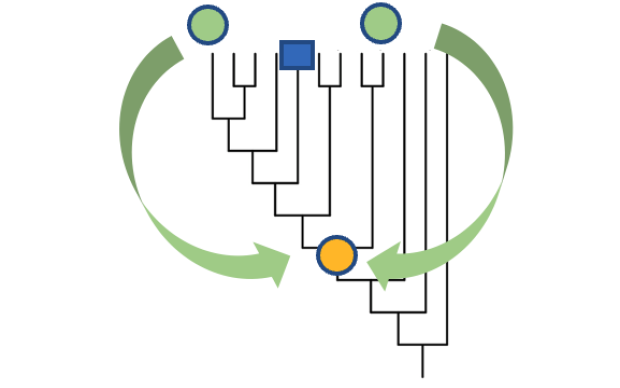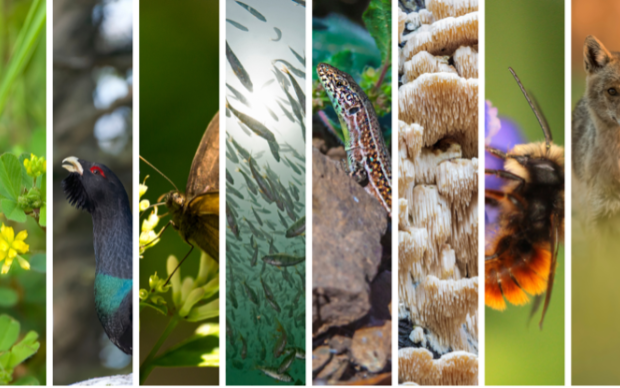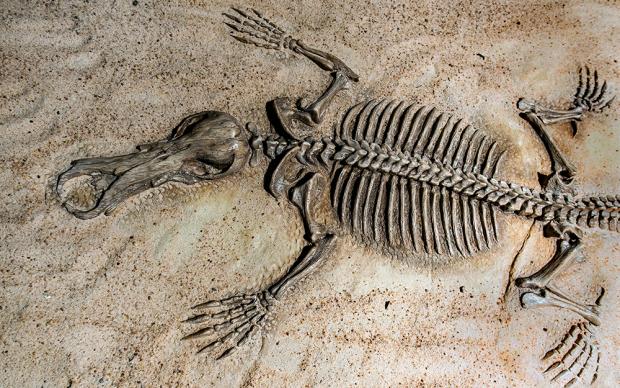Unprecedented global environmental changes are causing alarming biodiversity declines and rapidly rising extinction rates, threatening the vital provision of ecosystem services upon which human society depends. Addressing the looming crisis requires urgent actions to understand the diversity of life on Earth. Large-scale genome sequencing initiatives are transforming our understanding of biodiversity at the genetic level, and delivering fundamental knowledge of how biological systems function, and how species respond to environmental change. As members of the Swiss node of the European Reference Genome Atlas initiative, several SIB Groups are participating in a Pilot Project to sequence reference genomes for selected species across Europe. The results of the first phase of the Pilot Project, presented at the Biodiversity Genomics 2021 conference, demonstrate the benefits of a united community effort to scale up biodiversity genomics across Europe.
The European Reference Genome Atlas
The European Reference Genome Atlas (ERGA) is a moonshot proposal to generate reference-quality genomes for an estimated 200’000 species across the European continent. ERGA is a growing consortium of more than 500 researchers from 48 countries within the European bioregion, and the official pan-European branch of the Earth BioGenome Project. Genomic research that uses genetic material to study individual organisms, populations and ecosystems greatly benefits from reference-quality genomes by generating insight into the evolutionary make-up and adaptive potential of a species. Yet, reference-quality genomes are available for only a small fraction of European species. ERGA aims to build the necessary transdisciplinary and transborder community of experts to bridge this gap.
A collaboration to pilot the genome sequencing of European biodiversity
The conservation and restoration of biodiversity is a top priority globally that is recognised by European researchers and policy makers as highlighted by the European Green Deal. The European Reference Genome Atlas (ERGA, see box) initiative is a pan-European scientific response to current threats to biodiversity. Indeed, reference genomes provide the most complete insight into the genetic basis that forms each species and they represent a powerful resource to help understand how biodiversity functions. To kick-start European biodiversity genomics, ERGA has launched a Pilot Project aiming to test the feasibility and explore the logistical requirements to develop a Europe-wide coordinated effort to generate high-quality complete genome resources on a large scale. The Swiss national node (ERGA-CH) includes the SIB Groups led by Katja Baerenfaller (University of Zurich), Laurent Excoffier (University of Bern), Jérôme Goudet, Marc Robinson-Rechavi and Robert Waterhouse from the University of Lausanne, and participates actively in the Pilot Project and the broader ERGA initiative.
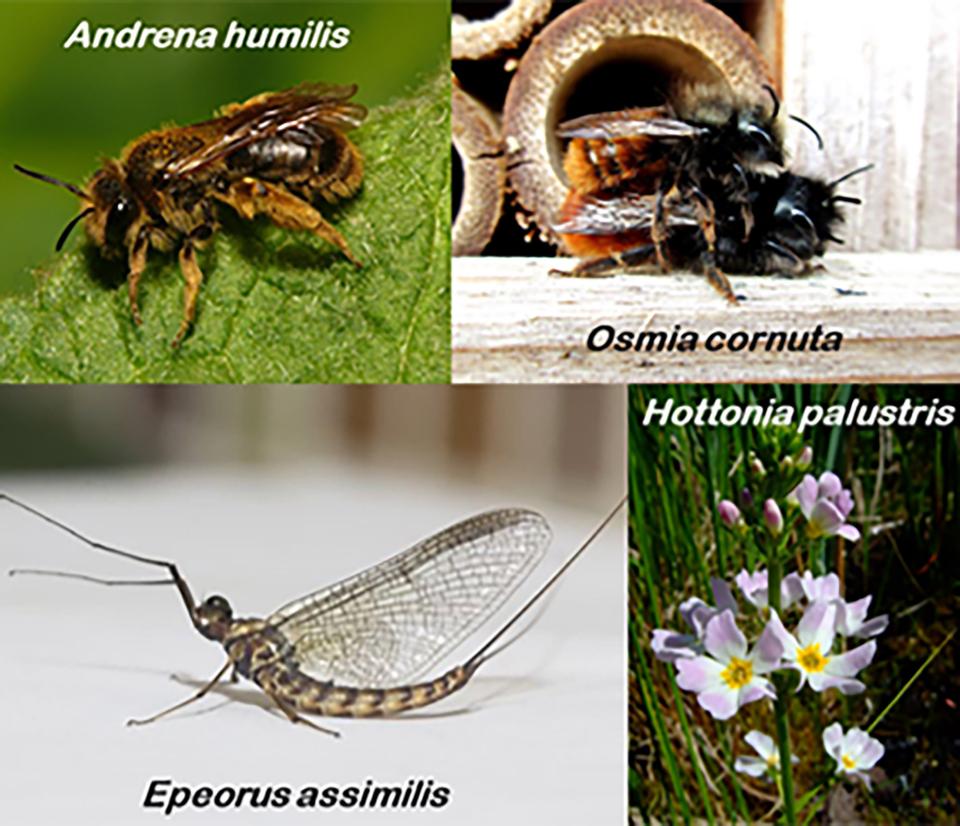
Swiss species selected for the ERGA Pilot Project
The Pilot Project aims to develop a pan-European equitable and inclusive genomics infrastructure that promotes synergistic transborder collaborations between ERGA members to generate reference-quality genomes, to underpin and support biological discovery for the broader scientific community. Swiss species with genomes currently being sequenced, assembled, and annotated include those pictured above: the water violet primrose or featherfoil (Hottonia palustris), the buff-tailed mining bee (Andrena humilis), the mayfly (Epeorus assimilis), and the European orchard bee (Osmia cornuta); as well as the unusual yellow-finned morph of the European perch, and the endangered Rhone streber (Zingel asper). SIB member and bioinformatician Sagane Dind (UNIL) has been working on assembling the genomes of the two bees and the mayfly, and helping to build and test the bioinformatics data analysis workflows for the Pilot Project. “We are looking forward to sequence the biodiversity of our Swiss mountains with ERGA”, says Sagane in the Pilot Project video showcasing the diversity of countries taking part. Her results, along with results from partners in the first phase of the Pilot Project from more than 20 European countries, presented at the Biodiversity Genomics 2021 conference, highlight the ERGA-CH contributions to building a united community effort to scale up biodiversity genomics across Europe.


